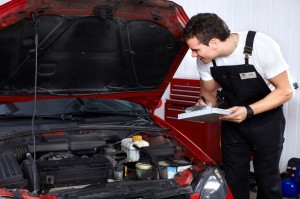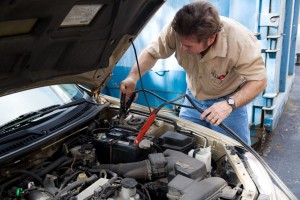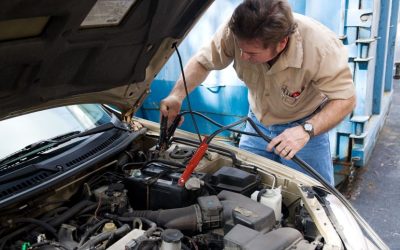If you have ever had someone come to your door or approached you in a parking lot about replacing or repairing your auto glass in Braintree MA you may have been a victim of what is known in the auto glass industry as windshield stalkers. Windshield stalkers is a term coined by many auto glass industries to refer to salesmen who go door to door peddling new windshields.
These door to door salesmen will frequently approach vehicle owners at carwashes, parking lots, or at their homes telling car owners that their auto glass is damaged and needs to be replaced. If you are approached by a windshield salesman who promises that he can provide you with a new windshield or windshield repair for free, be very cautious as it is likely a scam. To find out whether the offer is legitimate, you should find out a few things about the salesman first.
You should first ask the salesman the name of the company for which he works. Car owners should be wary about doing any business with an company that provides auto glass in Braintree MA that sells windshields door to door or solicits business from customers at gas stations or other seemingly random locations. The auto glass industry is largely an industry based on need, meaning that people do not typically buy a new windshield or other auto glass because they want to but usually only when it becomes necessary to do so. If your windshield is functioning properly and you are able to see, and if it has passed any applicable city or state inspections, you should be cautious of any salesman who states your windshield is deficient.
Remember that any major servc such as repair or replacement of auto glass in Braintree MA is typically not going to be free. If a company is peddling auto glass repair or replacement for free, consumers should be aware that there may be a catch. Make sure to clarify with the salesman how they make a profit off of a free service. If they are billing your insurance company for it, be aware that this is going to work as a claim on your insurance which may increase your rate, making your “free” offer much less appealing in the long run.










